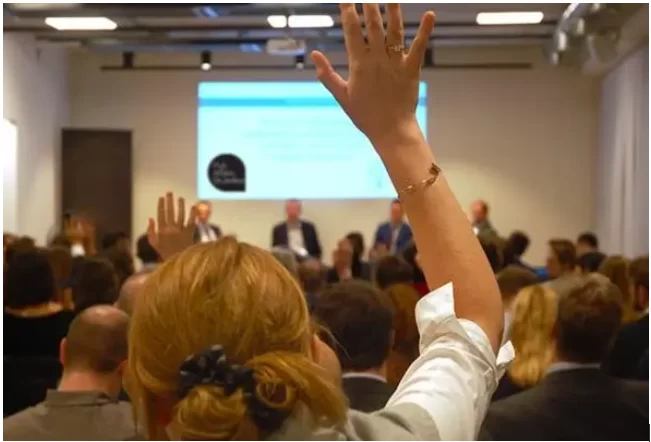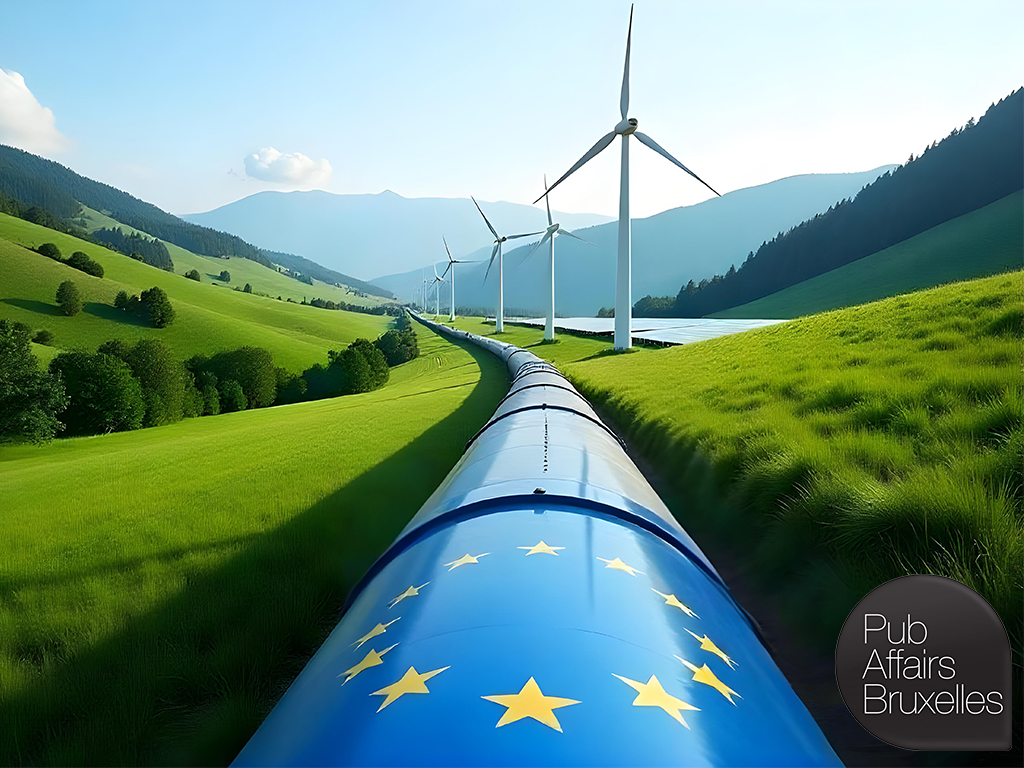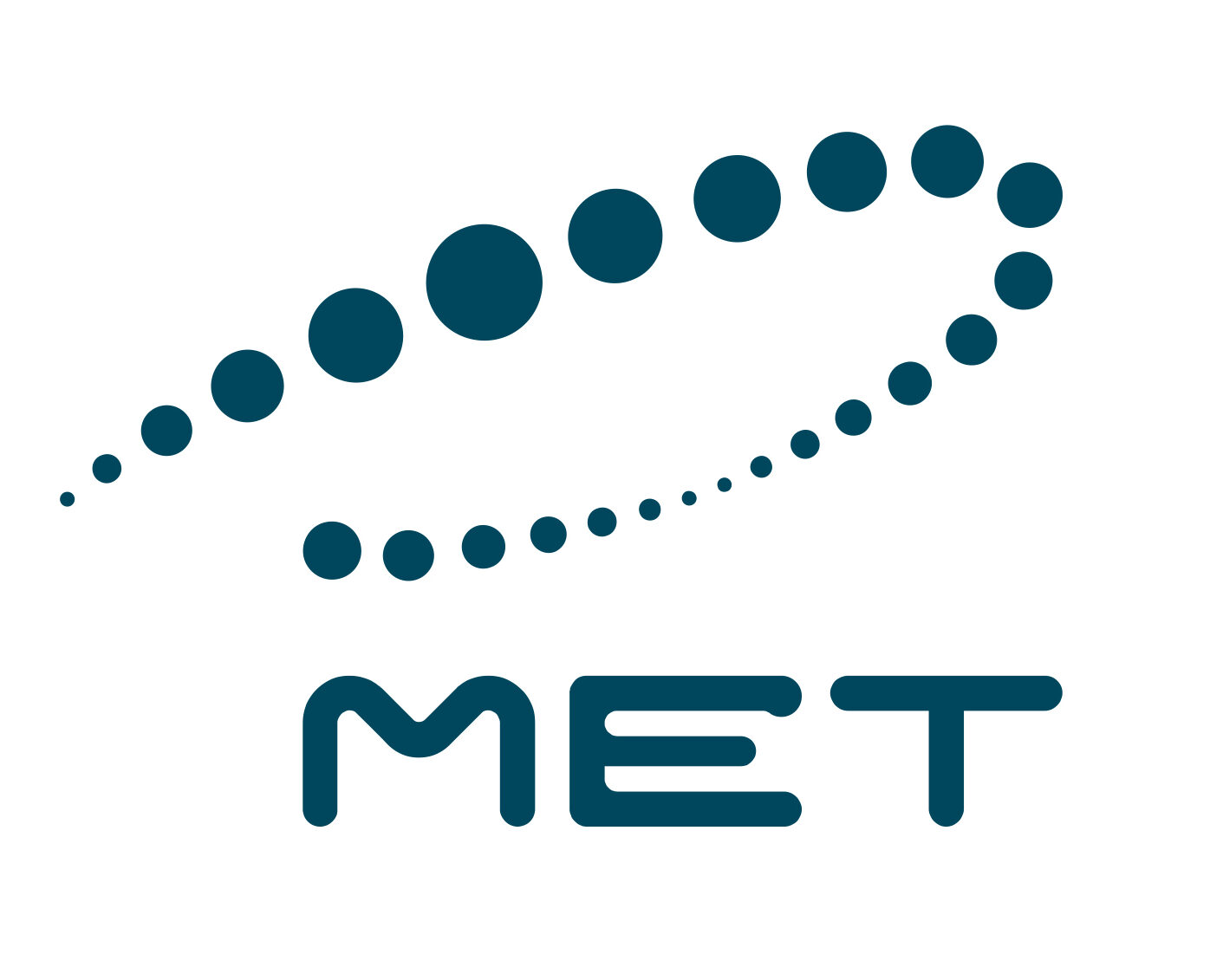We are delighted to invite you to a hybrid event which will be held on Wednesday, 29th of January at 17.00.
This event will consist of an afternoon of discussion on the conditions to foster pragmatic and competitive European energy markets. The event will also be a timely opportunity to discuss the role of gas in the EU energy transition, with our distinguished speakers:
- Tom Howes, Adviser, European Commission, DG ENER;
- Andrea Wechsler MEP (EPP/DE), ITRE Committee Member;
- Benjamin Lakatos, CEO, MET Group;
- Samuele Furfari, Professor, Energy Geopolitics, ULB and ESCP Business School;
- Raphael Hanoteaux, Senior Policy Advisor, E3G.
The debate will be moderated by Alice Hancock, EU energy correspondent for the Financial Times.
This event is public and will be held both onsite and online.
This event is organised in partnership with
About the debate
The question of gas’ role within the EU energy mix in both the medium and the long-term period remains a significant topic of discussion. Notably, the report on the future of EU competitiveness commissioned to Mario Draghi by European Commission President Ursula von der Leyen highlights nine proposals focused on fostering deeper EU cooperation in gas procurement, curbing speculative practices and enhancing affordability and security of gas supplies for end-users.
Acknowledged as more than just a “transitional fuel”, gas, which has the lowest carbon emission rates among fossil fuels, plays a crucial role in ensuring a just, equitable and effective transition. It supports renewable energy production, replaces coal and oil, contributes to hydrogen generation and is utilised in hard-to-decarbonize sectors, alongside carbon capture, utilisation and storage (CCUS) technologies. Additionally, as also noted in the Draghi Report, while the EU’s dependence on gas imports is expected to decline gradually, the transition will take time, and there remains a gap between the amount of gas secured through contracts and future import levels. Against this background, ensuring secure and cost-effective gas supplies to Europe’s retail and industrial consumers could pose a challenge.
The European Union has been a leader in the global energy transition, fuelled by policy support for cleaner technologies and ambitious decarbonisation targets that aim for a 55% reduction in emissions by 2030 compared to 1990 levels, as well as the achievement of net-zero emissions by 2050. However, since 2021, these objectives have encountered significant obstacles. The Russian invasion of Ukraine, accelerating inflation, increasing geopolitical instability and global trade-related issues have raised concerns about the questions of energy security and affordability in the EU, as well as about EU’s future trajectory towards net-zero. In this context, putting in place the necessary hard and soft energy infrastructure to ensure that the EU long-term objectives are achieved in a fair and sustainable manner is a primary concern for the old continent.

This is a public event, hence the Chatham House Rule will not apply.
The event will start at 17.00 both onsite and online, while the onsite welcoming will begin at 16.30. The discussion will last around an hour and a half.
Following the event, guests are invited to a cocktail reception.
Due to a limited number of seats, please await final confirmation from us after registration, if you wish to attend this event onsite.
The audience will be able to ask questions both in person and through sli.do #EUEnergyMarkets
We look forward to hosting you on the 29th of January 2025.



